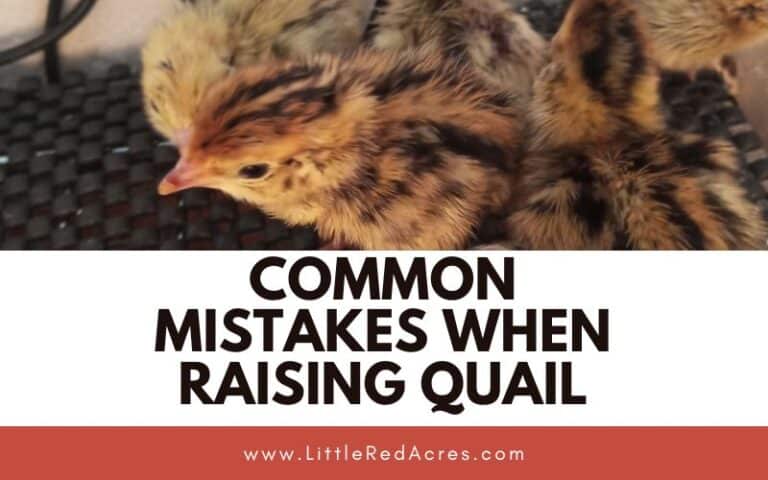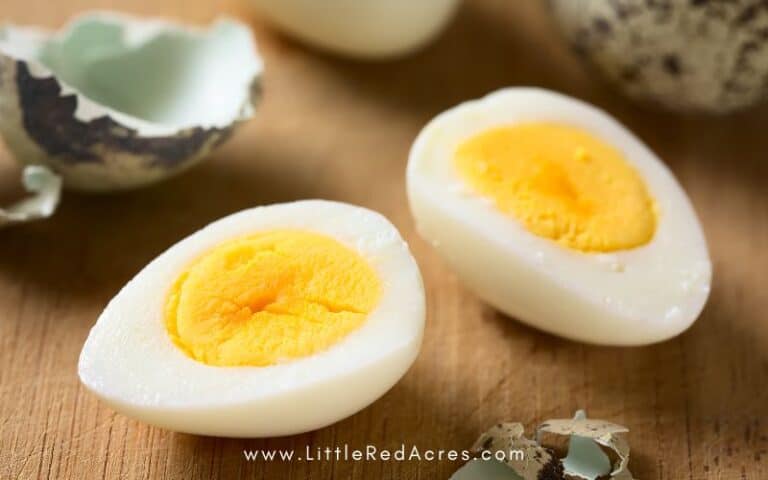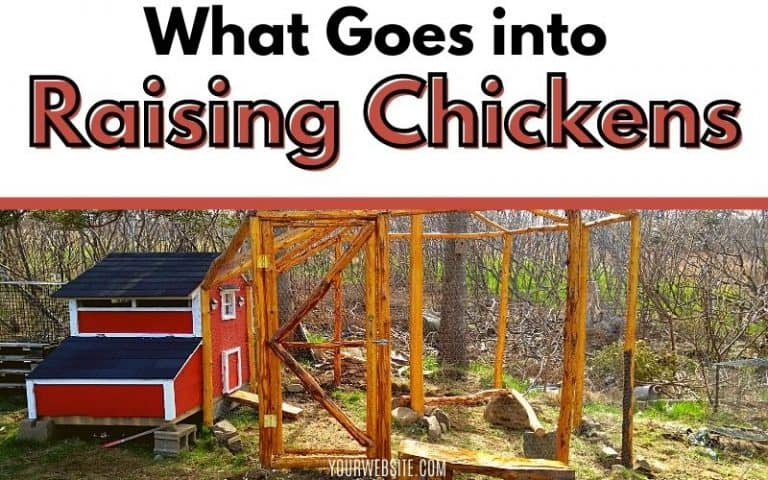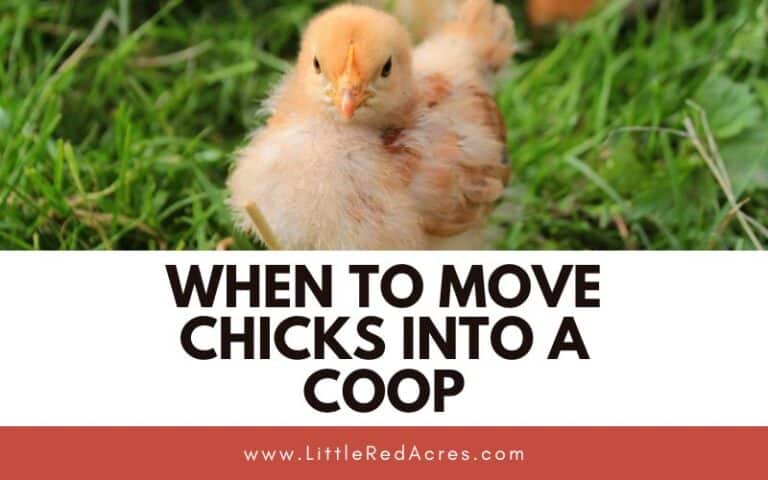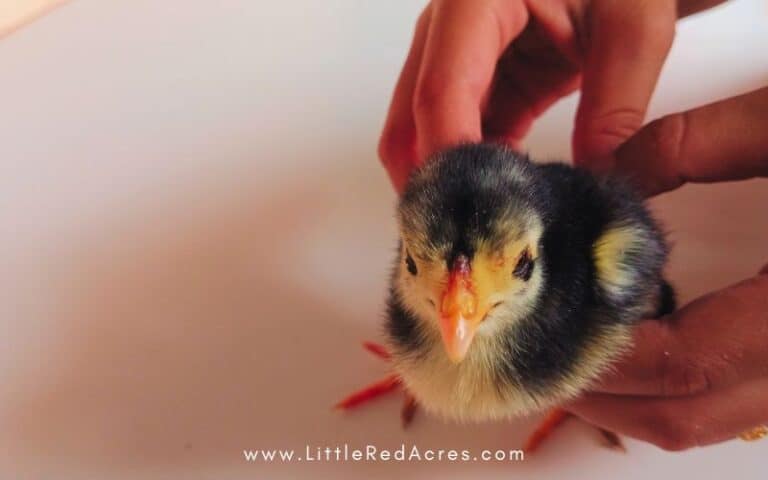Winterizing Your Chicken Run: Keeping Your Flock Happy
Inside: Discover expert tips for Winterizing Your Chicken Run with heated waterers, lighting, and solar resources to keep your flock cozy and productive.
As the cold winter months approach, it's essential to ensure that your chickens are comfortable, safe, and productive in their coop and run. Preparing your chicken run for winter is a crucial task for poultry keepers, as cold temperatures, frosty conditions, and limited daylight hours can affect the health and egg production of your flock.
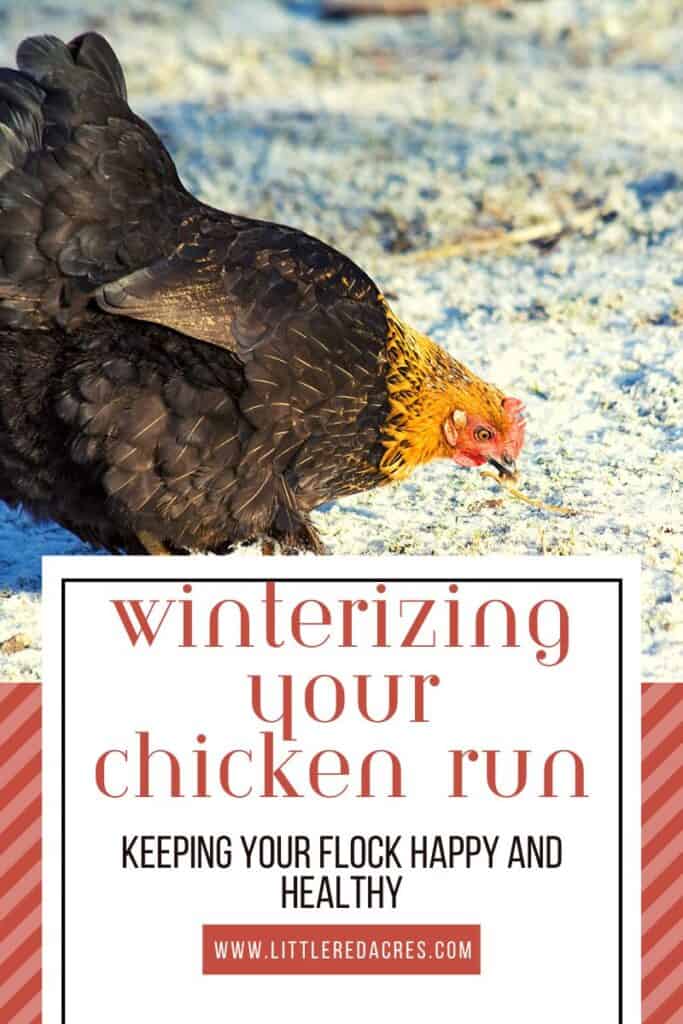
This post may contain affiliate links, see my disclosure policy for more information.
Winterizing Your Chicken Run: Keeping Your Flock Happy and Healthy
Now, something to keep in mind is that no matter what you do, chickens naturally lay fewer eggs during the winter due to the lack of sunlight. Yes, you can use lights to get them laying but there are thoughts that this makes them unhealthy and shortens their lifespan. I do not know.
Insulating Your Coop and Run
Before you focus on individual winter amenities, the first step is to ensure that your coop and run are well-insulated. Insulation helps in retaining heat, keeping the cold out, and making it easier to regulate the temperature inside.
Here are some insulation tips:
- Seal any drafts: Check for gaps or cracks in the walls, windows, and doors of your coop. Seal them with weather stripping or caulk to prevent drafts.
- Use insulated panels: If your coop walls are thin or uninsulated, consider adding insulated panels. These can help maintain a stable temperature inside the coop.
- Deep litter method: Add a thick layer of bedding (straw, hay, or wood shavings) to the coop floor. The decomposing litter generates heat and acts as a natural insulator.
We do not insulate our coops, we make sure they are draft-free and utilize the deep litter method. Less work for the winter months too.

Heated Waterers
Water is essential for your chickens, even in winter. Keeping their water from freezing is a priority. Heated waterers are an excellent solution:
- Electric water heaters: These are designed to keep water above freezing temperatures. Place them in your coop or run, ensuring your chickens always have access to liquid water.
- Solar water heaters: If you're concerned about electricity costs, consider solar-powered water heaters. They use the sun's energy to keep the water warm and prevent freezing.
- Insulate water containers: For an inexpensive option, wrap your water containers with insulating material. This will slow down the freezing process.
Proper Lighting
The reduced daylight hours during winter can impact your chicken's egg production. By providing supplemental lighting, you can help maintain a steady egg supply. Here's how to do it:
- Use LED or solar-powered lights: Energy-efficient LED lights are a great choice. Solar-powered lights can also work, but make sure they receive adequate sunlight during the day to function at night.
- Set a timer: Mimic natural daylight hours by setting a timer to turn the lights on early in the morning and off after sunset. Aim for a total of 14-16 hours of light per day.
- Consider red or pink light: Chickens can see red and pink light, but it doesn't disrupt their sleep patterns. This can be a good option if you're concerned about disturbing your flock's rest.

Solar Resources
Harnessing solar energy is an eco-friendly and cost-effective way to provide power to your coop and run. Here are some solar resources to consider:
- Solar panels: Install solar panels on your coop's roof to generate electricity. This can power lighting, heated waterers, and other equipment. Ensure the panels are positioned to capture maximum sunlight.
- Solar water heaters: Solar water heaters are an energy-efficient way to keep your chicken's water from freezing. These devices use sunlight to heat the water, reducing the need for electricity.
- Solar-powered ventilation: If your coop tends to get too warm in the daytime, solar-powered ventilation fans can help regulate the temperature. They operate silently and efficiently, reducing humidity and preventing moisture buildup.
Ventilation and Fresh Air
While keeping your chickens warm is essential, you must also provide adequate ventilation to prevent moisture buildup and ammonia levels from becoming harmful. Proper ventilation can be achieved through:
- Adjustable vents: Install vents in your coop and run that you can open and close as needed. This allows you to maintain a healthy airflow while regulating the temperature.
- Roosting bars: Elevate the roosting bars in your coop to allow air to circulate beneath your chickens. This can help reduce moisture buildup and frostbite risk.
- Regular cleaning: Keep the coop clean and dry. Remove wet bedding, and ensure good airflow to prevent moisture accumulation, which can make the coop too humid and uncomfortable for your chickens.

Winter Diet and Treats
In cold weather, your chickens need more energy to stay warm. Adjust their diet by providing extra calories. You can do this by:
- Offering warm, nutritious treats: Provide warm oatmeal, scrambled eggs, or cooked vegetables as treats. These will give your chickens a nutritional boost and help keep them warm.
- Increasing grain intake: Increase their regular feed of grains, such as corn and scratch, in the evening. This provides a slow-release energy source throughout the night.
- Extra protein: Mealworms and scratch grains are great afternoon treats to help boost their body heat on cold nights. Not something you want to give every day.
Preparing your chicken run for winter is a proactive step to ensure the well-being and productivity of your flock. With the right insulation, heated waterers, proper lighting, solar resources, ventilation, and a well-balanced diet, your chickens can thrive even in the coldest months.

Remember that a warm, comfortable, and well-lit environment will not only keep your chickens happy but will also reward you with a steady supply of eggs throughout the winter season. By following these tips, you can create a cozy and productive haven for your feathered friends during the chilliest months of the year.
Frequently Asked Questions
Do I need to winterize my chicken run? It really depends on your run. It might already be perfect for winter.

Want More?
How to Keep Quail Warm in Winter
Keeping Chickens in the Winter

